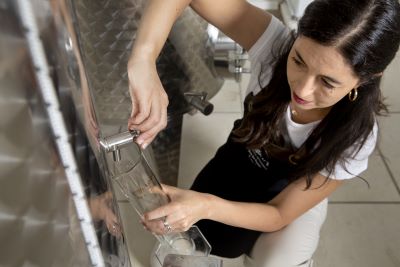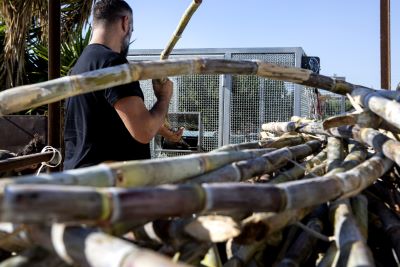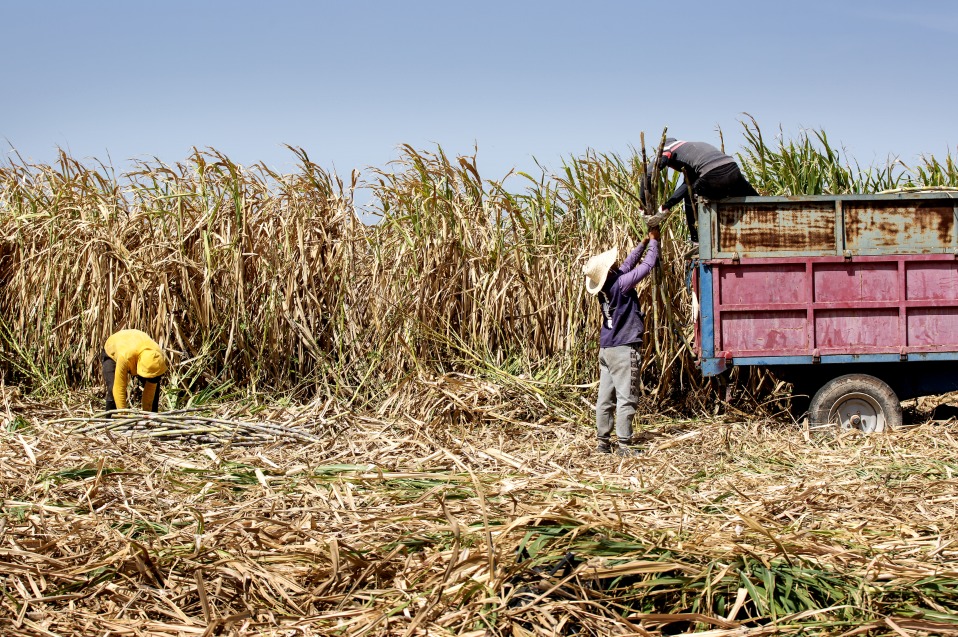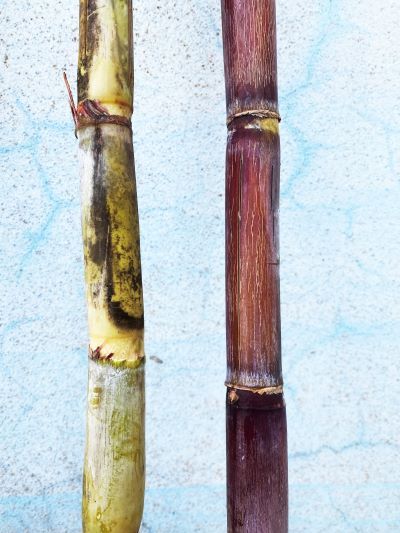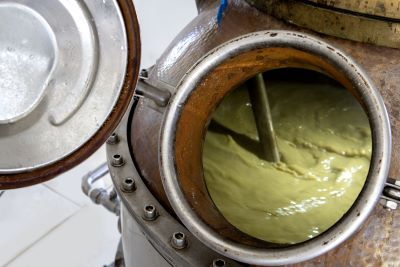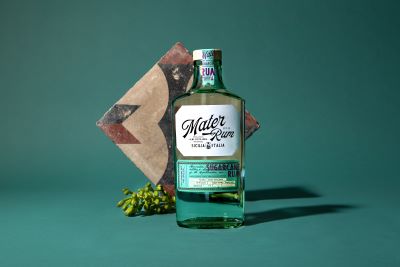From curating art to launching a London café and landing a spot on Gordon Ramsey's highly competitive Future Food Stars, Valentina Fois's journey is full of creative turns. Though Lele's has closed, and Valentina has since moved to Rome, the brand remains successful digitally thanks to her passion for storytelling.
I sat down with her to discuss digital marketing, her Future Food Stars experience, and her take on authenticity in building a lasting brand. Plus, check out her recipe for vegan arancini!
How did you transition from art and fashion to digital marketing?
The transition came quite naturally. I have always had a passion for technology; it has always inspired me, and I'm very curious about it. So I always find myself reading and learning, and back when I used to be a curator, I did this MA in digital technologies for the art sector, which was very much about how to introduce digital technology within the art world. It could be through social media or a different way of archiving what happened to a work of art, such as coming up with ideas and different resources and having that knowledge to study combined with all the experience I had with Lele's.
Lele's had a physical community, but it was very much digital. We had nearly 30,000 followers back then. Everything was organic. We didn't invest much in advertising because I didn't have the budget back then, so that wasn't an option. So, I think what I was doing was probably done correctly because it did resonate with people. And that told me a lot about storytelling and what it means to really craft something around a brand. That's how I work right now with my customers and clients; I think about them as unique businesses and people. They all have their own story, and that story cannot be told in the same way because of the public who wants to hear the story; the segment might not be the same, and they need to be told the story in a different way because their perception is different.
So that's something I had to learn, and it's constantly changing. You need to evolve as much as the software you use; the algorithm is constantly moving. You can't fight it and say, "That's what I learned a month ago, and I'm going to stick to it." No, you need to learn. You need to progress; you need to evolve.
This is a job that many people could do. It's not a job that requires you to be a certain genius. To work in digital marketing, you need to be very open-minded, to transform yourself daily, live in time, and, like a sponge, absorb a bit of everything. When you talk about social media, it's very reductive. Because it is so integrated into everything we do, it's not just scrolling on your phone; it's the latest music, the latest trend, politics, economics, journalists, and everything on there.
What's been your most successful campaign to date?
Lele's is a good example of a very successful campaign. And I think the secret was that we decided to talk spontaneously and authentically. We really opened the door through the creation and cooking processes. And people appreciated that because they felt they were invited to a real kitchen to cook with a real person with real food. I think at that time, we needed a bit of authenticity, something that wasn't sleek and glamorous but just very genuine. And especially through the COVID period, people wanted to have company and wanted to be entertained, but in a friendly way. Obviously, not every brand is the same, and every brand has a tone of voice. But for Lele's, that was the winning element: the authenticity.
How do you measure success?
First and foremost, I measure how much I enjoy doing something. As long as I'm doing something and benefiting from it, it's successful. I don't even care about the metrics because the minute I don't enjoy myself anymore, that's not successful to me anymore. I think they go hand in hand. When you do something with dedication and believe in it, it reflects what you do. And there is a difference, and people perceive that.
Obviously, after that, the answer will be metrics. When you're talking about social media, it will be—not so much the likes—the engagement: how many times people will share. One of the most beautiful things would be when you launch a campaign, for example, to sell some cookies online and suddenly you ship them everywhere, or people come from everywhere around London or even outside London and say, "I follow you on social media. I really wanted to try those cookies." That's obviously even nicer than the like because, yes, it's great to have likes, but if you can't convert that into leads or followers.
You were a contestant on Future Food Stars. How did that come about?
What happened with that is that, obviously, I was very passionate about the café and the whole philosophy and ideology of being vegan and promoting healthy living and healthy eating. We weren't preaching; we weren't telling people what to do. We were just showing that there were alternatives. That created an environment that felt genuine and friendly. So we started having lots of followers and built this community around Lele's, not only online but even offline. There was a sense of family. And because of that, the team behind Future Food Stars got to see me on social media, and then they asked me.
Tell us about that experience and what you learned.
On a personal level, I learned that I am a little bit less diplomatic than I believed I was. It is a wake-up call when you do something; you obviously think of yourself in a way, but just because you think about yourself doesn't mean that people perceive you that way. So I always thought I was maybe a little bit calmer, but maybe I wasn't. So that's something that I had to learn and work through. So that was good. I think it's very important that you stick to your principles and what is important to you without being aggressive and with respect.
I was happy when I had to stick to my beliefs on several occasions. I was the only vegan on the show, and it was really a hard time. It was very frustrating. Even when we used to have lunch or dinner, there were very few things I could eat. I was on set for two months straight and was sleep-deprived, and working schedules were very tight. It was very stressful. Sometimes, we had to shoot at three o'clock in the morning. I was not used to that.
They were very good on many different levels. I met lovely people, and the production team was amazing. They were very accommodating and very lovely. But they underestimated the catering aspect.
What advice would you give someone interested in digital marketing?
Understand that it's a 360-degree job. It's not just about marketing, it's not just about social media, it's about life itself. You need to be on top of everything you need to know. You cannot know everything all the time. You want to have the willingness to be informed.
Study or take a course, but at the same time, put that into practice while you study. If you don't have a client, make a client up. Invent, create an Instagram account that doesn't exist, and make that your client. You can experiment and see what works and what doesn't work.
What experience do you want your customers to have?
With every customer, I ensure that I tell their story, the real story, who they are, why they got to be there, and why they're doing what they're doing. That also means the way they're doing things and why. Maybe the product, if they're selling a product, is special and different from other products. But the idea is always to create a story, a narrative around them—not a narrative based on lies but a narrative based on facts. My job is just to make this narrative sexy through graphics, video, and copywriting, but I always start from their narrative. Of course, I could build a spider web of lies, and some people do this as a strategy to sell more, but I don't believe it ever pays back. It's not the way I want to work.
If you enjoyed this article, consider subscribing to my newsletter for more content and updates!


